President Trump has signed a new executive order on Monday to replace the controversial executive order dated Jan, 27, 2017, titled “Protecting the Nation from Foreign Terrorist Entry into the United States,” which temporarily halts the entry of foreign nationals from 7 Muslim-majority countries – Iran, Iraq, Syria, Libya, Sudan, Somalia, and Yemen.
Iraq is now excluded in the new travel ban while the remaining 6 countries will be blocked from travelling to the United States for 90 days – effective March 16, 2017. The new order also halts all refugee admissions for 120 days but unlike the first order, it does not indefinitely suspend the entry of Syrian refugees. After the suspension period, the number of refugees will be capped at 50,000.
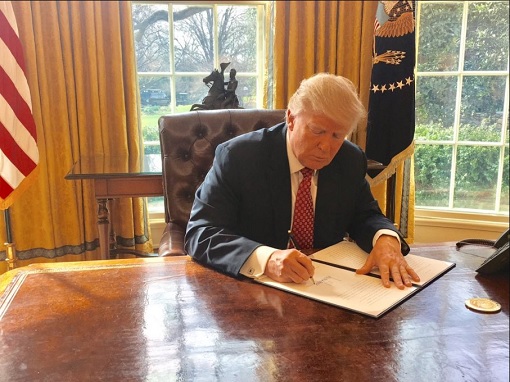
Besides giving some time to ensure a more orderly rollout, the new order was redesigned to be judge-proof as it does not restrict legal permanent residents, or green card holders, from re-entering the U.S. Essentially, the new order will allow people who had visas by January 27, the date the first order was signed, or earlier to enter the U.S.
The first version of the travel ban order was temporarily suspended by Federal Judge James Robart who was more concerned about Muslims discrimination than terrorism threat against Americans. The Department of Homeland Security (DHS) complied with the judge’s ruling but not before President Donald Trump mocked and said blood would be on the judge’s hands if something happens.
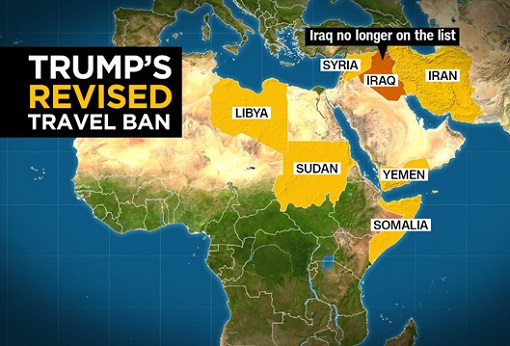
But that doesn’t mean Trump administration targets only the 6 Muslim countries in his new executive order. The DHS said it will carry out a “global, country-by-country review” of “identity and security information” that each country provides to the U.S. for visa programs. When flagged, the U.S. will give those countries 50 days to improve their standards.
DHS Secretary John Kelly told reporters – “Unregulated, unvetted travel is not a universal privilege, especially when national security is at stake.” The new order leaves the door open for “additional countries” for which the U.S. may require more restrictions. The new executive order specifically said each of those 6 countries banned is a state sponsor of terrorism.
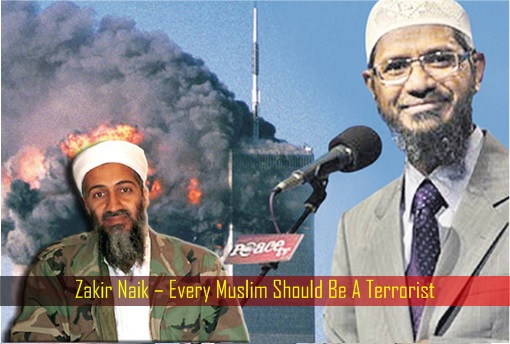
For example, if the U.S. thinks Muslim-majority Malaysia is “a country of interest” for promoting Islamic radicalization through protecting and harbouring Islamic preacher Zakir Naik, who is being banned in India, Bangladesh, Canada and UK, the country could be flagged as having been significantly compromised by terrorist organizations and given 50 days to improve.
Regardless of the changes and fine-tuning, the new executive order will invite controversy from the Democrats, civil right groups, liberal mainstream media and even some anti-Trump Republicans. But unlike the first order where Trump was fighting it alone, Attorney General Jeff Sessions has defended the president’s authority on the new order.
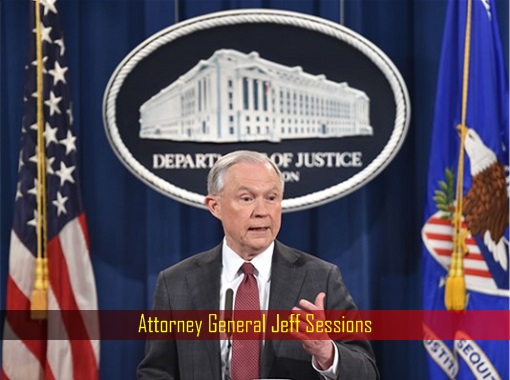
Jeff Sessions justifies why the government felt the ban was necessary, stating that “the majority of people convicted in our courts for terrorism-related offenses since 9/11 came here from abroad.” He said – “The department of justice believes that this executive order, just as the first executive order, is a lawful and proper exercise of presidential authority.”
On the same day the new travel ban was issued, the DHS told congressmen that the FBI was investigating 300 people admitted as refugees for links to the so-called Islamic State or Daesh (ISIS, ISIL, IS). The 300 refugees were reported to be part of 1,000 counterterrorism investigations involving ISIS or individuals inspired by the militant group.
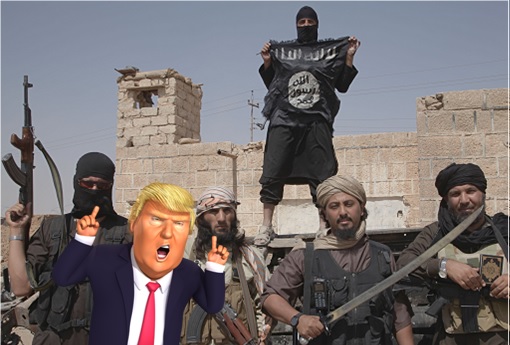
To address an issue raised by the Ninth Circuit’s claim that the Executive Order offered no evidence implicating those particular countries (Iran, Iraq, Syria, Libya, Sudan, Somalia, and Yemen) in terrorist activity, the new Executive Order includes a separate paragraph outlining each country’s support of, or connection with, terrorism.
To be more transparent with the American people, or rather to counter his critics, President Trump is directing the government to compile and publish a regular cycle of news stories about “the number of foreign nationals in the United States who have been charged with terrorism-related offenses while in the United States.”
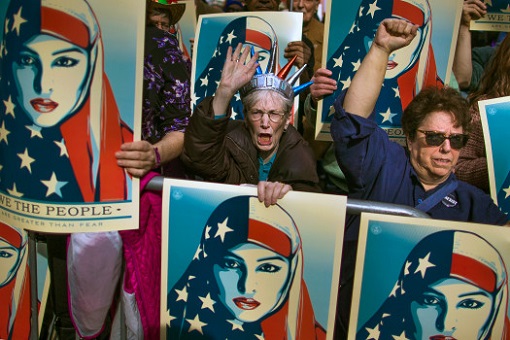
The new order was written in coordination with the Departments of State, Homeland Security and Justice, which will be responsible for enforcing the order, as well as designed to withstand any possible legal challenges. If U.S. court could still find fault with the new executive order, it would prove the judges are simply anti-Trump and are willing to do anything to frustrate Trump administration.
Other Articles That May Interest You …
- Watergate 2.0 Scandal – Here’s Why “Sick Obama” Could Have Wiretapped Trump
- ISIS Poking The Dragon – Now Threatens “River Of Blood” In China
- Islamophobia Hits Saudi – 40,000 Muslim Pakistanis Deported Over Terror Fear
- As Liberal Americans Burn Their Own Nation, Arab World Supports Trump’s Ban
- Trump Was Right To Ban 7 Muslim Countries – Kuwait Bans 5 Of Their Brothers Too
- A Powerful & Vengeful President Trump – ISIS & Radical Muslims Are In Grave Trouble
- Congress Rejects Obama’s Veto – Now “Terrorist Sponsor” Saudi’s Assets Can Be Seized
- Exposing 9/11 Secrets – How Saudi Terrorism Began In 1979’s “The Siege Of Mecca”
- Snake Oil Salesman Zakir Naik – Preaching Muslims vs Non-Muslims
- Saudi Has 100,000 Unused Air-Conditioned Tents, But Won’t Help Refugees

|
|
March 7th, 2017 by financetwitter
|


|

|

|

|

|

|












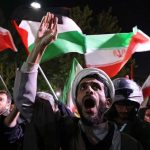


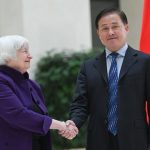












None of those nationalities have committed any acts of terrorism in American soil. Saudi Arabia on the other hand…